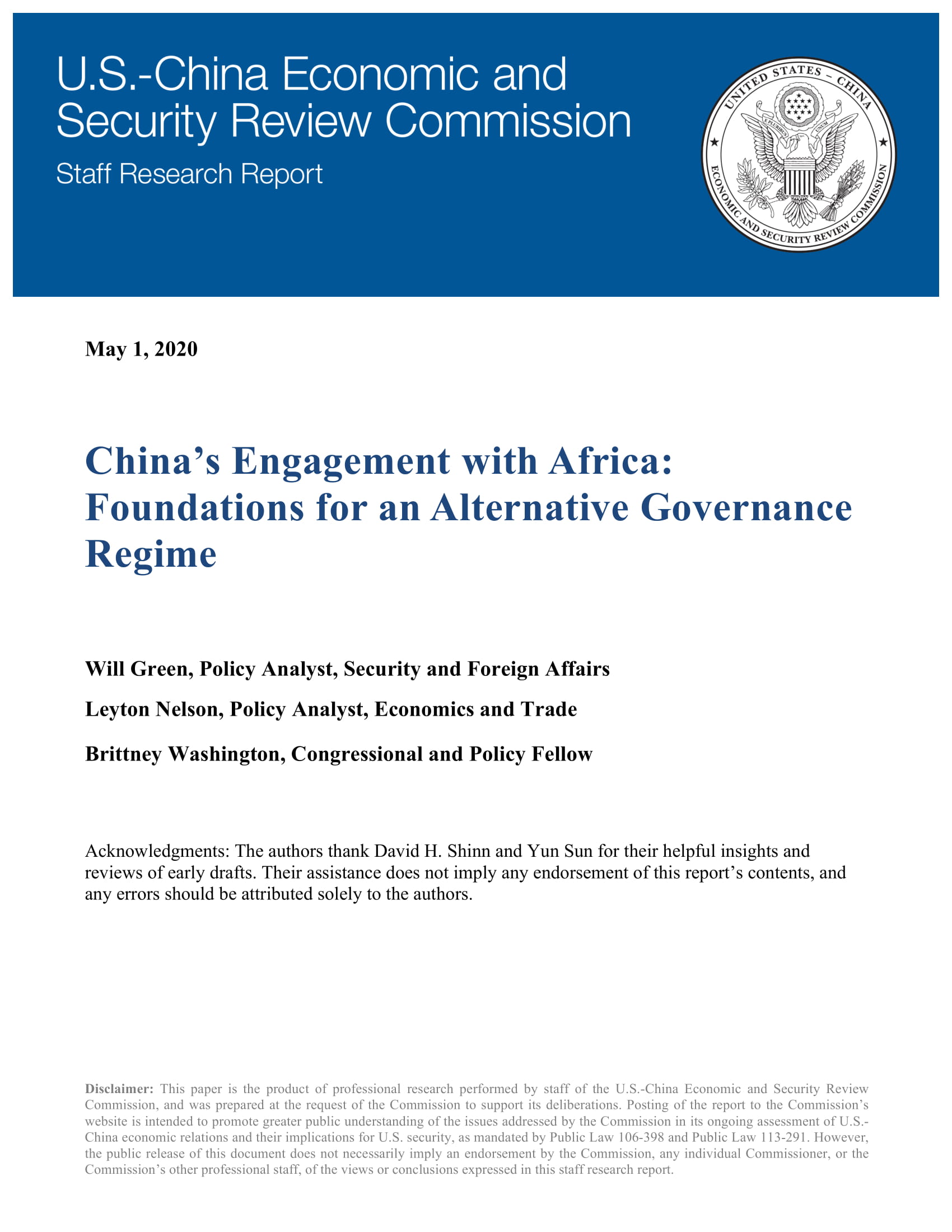
Over the last two decades, Beijing has significantly expanded its political, technological, economic, and security ties with African countries. Guiding this undertaking is Beijing’s view of Africa as a continent well-suited to China’s political governance and economic development model.
In recent years, China has grown increasingly confident in its ability to export these concepts to African countries. To do so, it employs five major lines of effort: 1) Exporting methods of authoritarian political control through party-to-party training; 2) actively intervening in African domestic politics to ensure preferred partners on the continent adhere to China’s priorities; 3) promoting its model of techno-authoritarianism through the sale of advanced surveillance technology to African governments; 4) shaping Africa’s media landscape by promoting narratives favorable to Beijing in local and regional media, sponsoring training for African journalists, and leading the continent’s media migration from analog to digital technology; and 5) leveraging its influence to achieve other key objectives, such as garnering African support for Beijing’s broader diplomatic priorities, especially at the UN. This report examines Beijing’s political activities on the African continent and assesses the implications of these activities for the United States.
